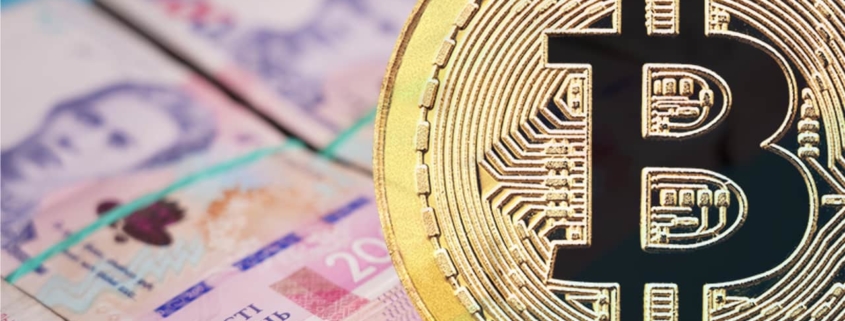What Happens to My Cryptocurrency If I File for Bankruptcy?
Cryptocurrency has completely changed how many people invest, fund their passion projects, and plan for retirement. However, its decentralized and volatile nature makes it difficult to handle in traditional financial settings. For example, in bankruptcy, debtors have asked how their cryptocurrency holdings may affect their filing.
Although cryptocurrency is still relatively new, legislation is evolving quickly to keep up with it. Get more personalized advice regarding your bankruptcy case by calling Padgett & Robertson at 251-342-0264.
Remember That Cryptocurrency is an Asset
While cryptocurrency might not be a traditional asset, it is still definitely considered an asset by the bankruptcy court. That means you must disclose it and allow the court to determine whether or not it can be used to pay back your debts. A surprising amount of people still think they can hide their cryptocurrency from the trustee and get to keep it without consequence. This will almost certainly backfire on you.
Full Disclosure is Crucial
Any asset you have must be disclosed in bankruptcy. The trustee is especially interested in assets that can be sold and used to repay creditors, and cryptocurrency definitely fits in that category. Hiding or failing to disclose cryptocurrency is considered fraud and could land you in serious legal trouble. Crypto exchange platforms know this, and many make it easy for trustees to get information on debtors’ cryptocurrencies.
Valuation Can Be Difficult
One of the most difficult aspects of cryptocurrency is its fluctuating value. When you file bankruptcy, perhaps your crypto wallet is worth $1,000. That would put it well under the wildcard exemption limit of $7,550 in Alabama. By the time you go to your bankruptcy hearing, perhaps a major investor tweeted about a coin you’re heavily invested in.
Now, your wallet is worth $10,000. That puts you over the limit and raises questions about whether or not part of your cryptocurrency can be sold to pay for your debt. The opposite can also happen, leaving you scrambling at the last moment to make the most of your exemptions.
What About Exemptions?
Cryptocurrency can be exempted in bankruptcy under the wildcard exemption in Alabama, which allows you to keep up to $7,550 in assets that aren’t otherwise accounted for in other exemptions. However, there is no special exemption for cryptocurrency.
If you have a massive number of coins and they’re worth a lot, you could find yourself liquidating many of them in order to pay off some of your bills. As long as your cryptocurrency stays below the limit of the wildcard exemption and you’re not using that exemption for anything else, you should be able to keep it.
How to Handle Your Cryptocurrency in Bankruptcy
First, make sure you’re working with a skilled and knowledgeable bankruptcy attorney in Mobile, AL. Even the easiest bankruptcy cases are full of potential pitfalls and problems, and anything involving cryptocurrency is already likely to get complicated. If you handle your filing on your own, you risk serious issues that could delay your discharge or completely disqualify you.
Second, be upfront about your cryptocurrency from your very first attorney meeting. Don’t transfer it to other wallets, hope that the trustee doesn’t check, or outright lie about your assets. Just assume that your trustee has seen a lot of cases and knows what to look for.
Trustees are committed to getting whatever they can to pay back your debts, and if they find your cryptocurrency, they will come down on you hard for it. It isn’t difficult nowadays to find out if someone is into cryptocurrency or NFTs, and it’s getting increasingly easier to find out how much an individual has and what it’s worth.
Finally, be flexible and know that your timeline could change based on your cryptocurrency holdings. Since cryptocurrency changes value so quickly, this could disrupt your filing and lead to delays. However, as long as you are working with a trustworthy and experienced bankruptcy attorney, you can trust them to give you unbiased advice.
Contact Padgett & Robertson to Take the Next Step
If you think bankruptcy is your key to a fresh financial start, let the team at Padgett & Robertson help you get there. Call us at 251-342-0364 or fill out our online contact form to schedule a consultation at our Mobile office.





Leave a Reply
Want to join the discussion?Feel free to contribute!